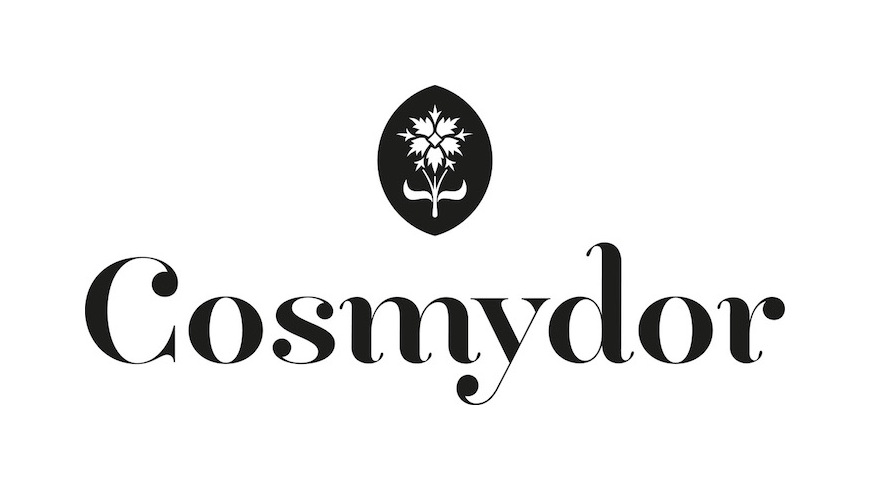Fast Is Fake!
Keep It Slow
“Fast food”, “fast fashion”... We all know by now that if something is “fast”, it is furious and harmful.
“Fast cosmetics” are no exception to the rule.
All the while, there is something better, different and more virtuous: craftsmanship. Due to the tens of billions of dollars invested in advertising and marketing over the last fifty years, cosmetics now promise all kinds of fantasies through miracle molecules, fantastic marketing taglines, photoshopped women (and increasingly men), the glitz of celebrities’ lives, and more recently “likes’’.
These huge investments hide the simple truth that conventional cosmetics are based on petrochemicals, which provide pleasing scents and textures, and a nominal amount of active ingredients, all packaged in plastic. In other words, they hide the negligible manufacturing costs and the petroleum used in every aspect of the process – the formula and packaging – which is harmful to your skin and your planet.
There is an alternative that uses active ingredients – plant oils and shea butter in particular – as the textures and basis of its formulas. Fragile and living, these ingredients cannot be handled in large industrial facilities. Other plant active ingredients are added to them which have also demonstrated their benefits for our skin over thousands of years, in the form of essential oils. They have to be handled with care, weighed, heated and mixed by hand – using the same motions and tools as a chef in the kitchen of a Michelin-starred restaurant.
The result is astonishing
The textures are almost as perfect as those riddled with silicones, the (fragrance-free) scents are reminiscent of autumnal walks through the woods - or simply an unadulterated plant (what a joy it is to smell real organic vanilla from Madagascar instead of the synthetic version, vanillin). And what about the effectiveness, an issue close to all consumers’ hearts? By producing creams and balms with active ingredients making up 35% to 99.5% of the product (up to 25 times more than conventional cosmetics), we may have found the answer.
What’s the worst that can happen?
You may sometimes find that these cosmetics’ texture separate slightly (all you have to do is mix them with your finger), their scent changes a tiny bit over time, and their shelf life is limited to one year (the only way to limit preservatives). Crafts- manship, which is valued so highly in haute couture, luthe- rie and the culinary arts, also exists in ‘‘made in France” cosmetics, with the same values, the same care in the choice of raw materials and the same human know-how which is passed on. To be comprehensive and consistent in its approach, Cosmydor has decided to package its handmade organic cosmetics in glass and aluminium, an attractive and non-toxic solution...

